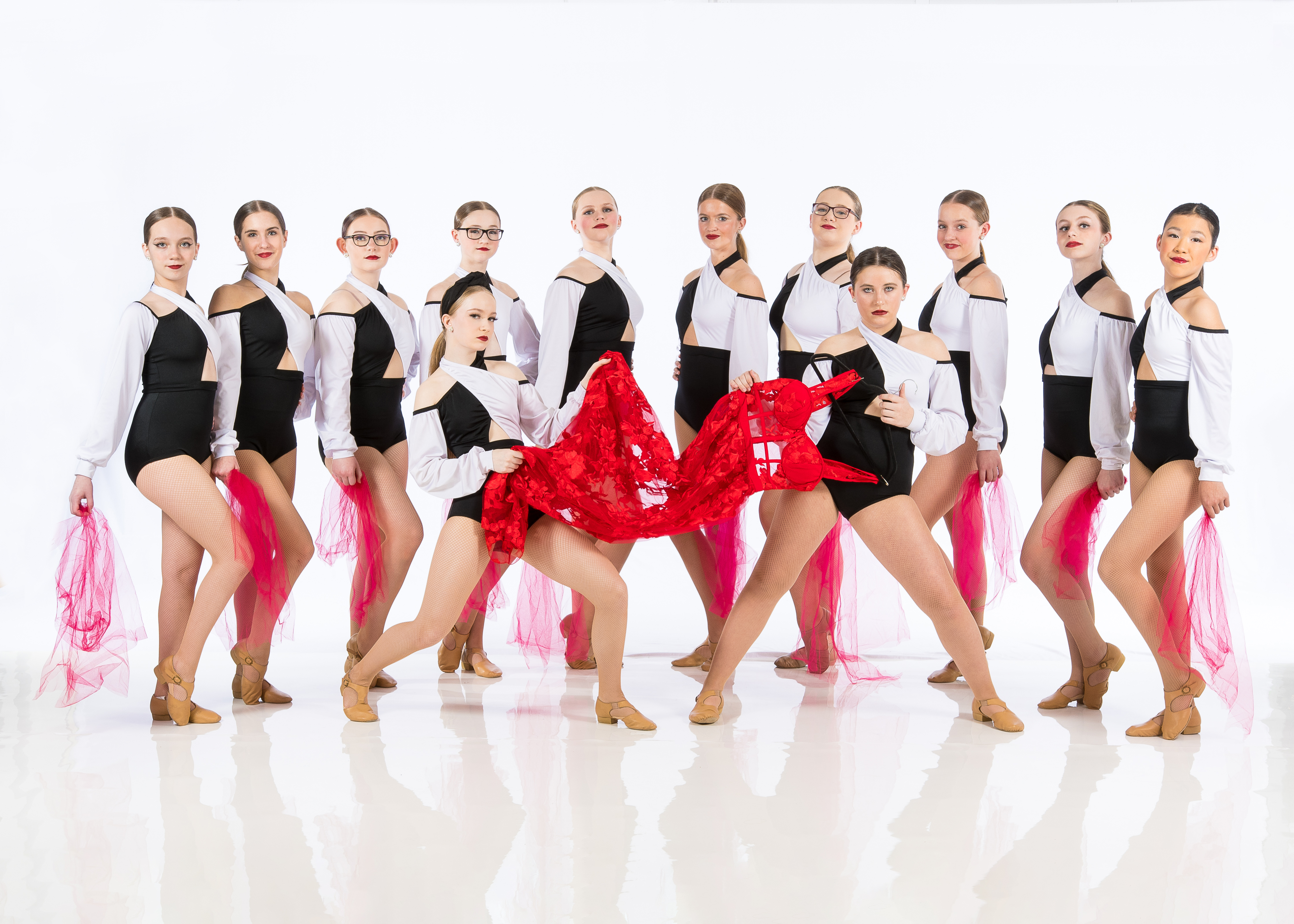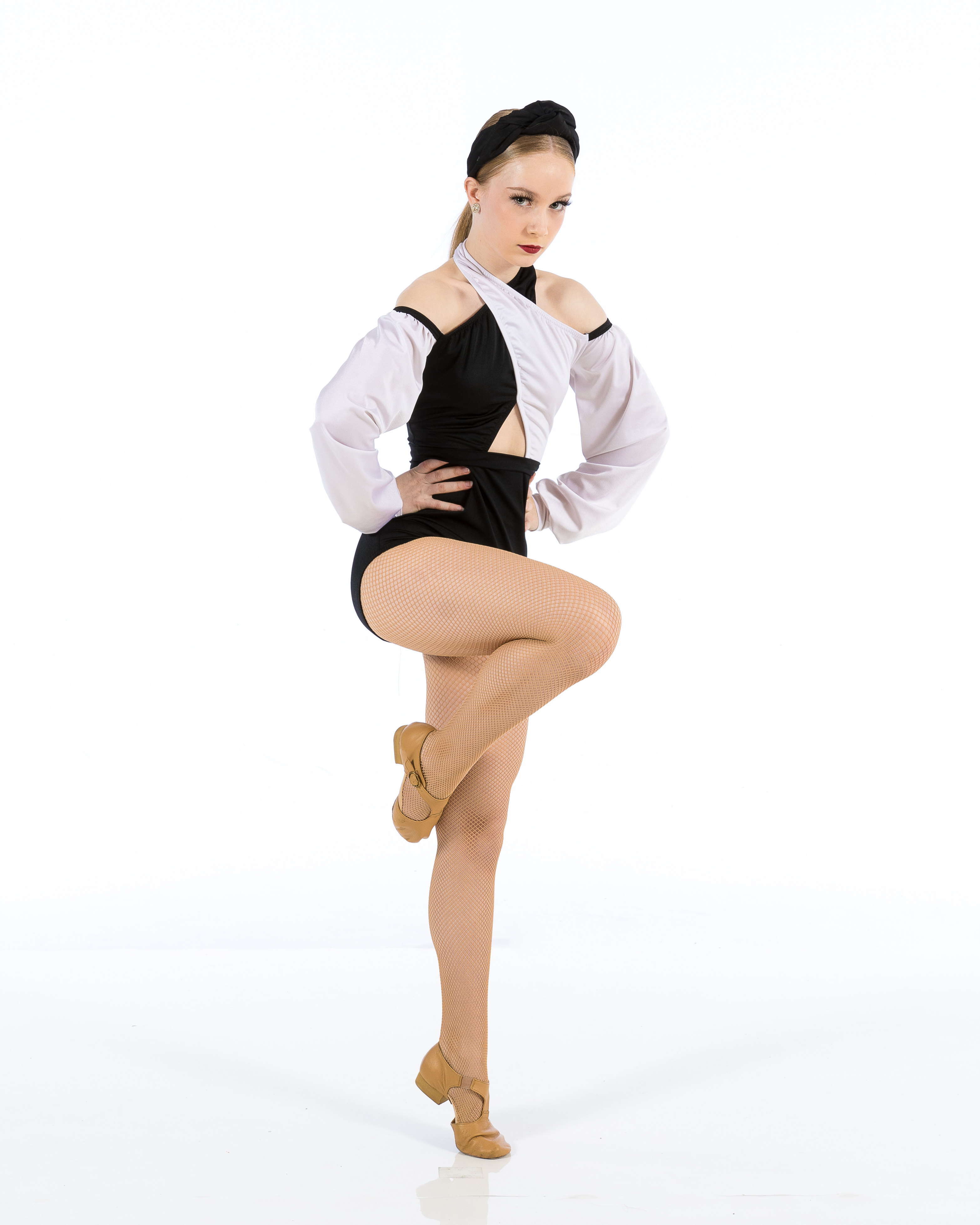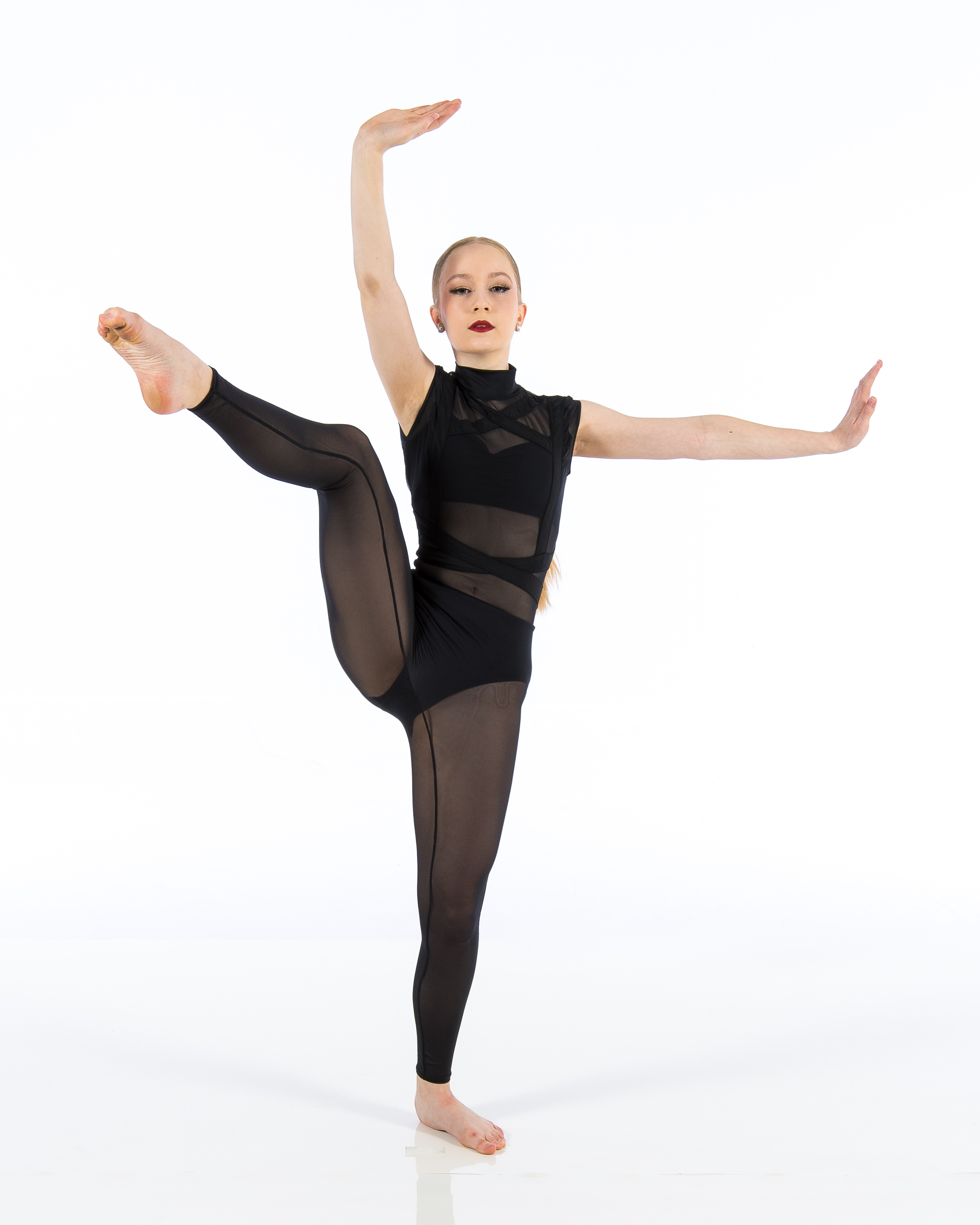Introduction
Dance is an art form that transcends obstacles, unites communities, and ruptureds with the vigor of human expression. Whether you're a budding professional dancer entering a dance studio for the very first time or a seasoned performer seeking to improve your craft, recognizing dance studio rules is important for guaranteeing a positive experience. This substantial guide entitled From Novice to Expert: Navigating Dance Studio Rules for a Harmonious Experience will take you with every aspect of dance studio behavior, supplying understandings that will raise your experience and foster stronger partnerships within the dance community.
Understanding Dance Studio Etiquette
What is Dance Studio Etiquette?
Dance studio rules refers to the set of customs and social standards that Dance Classes control habits in a dance class setting. Much like any other artistic setting, valuing these standards can improve not only your learning experience yet likewise that of your peers.
Why is Dance Studio Rules Important?
Adhering to appropriate etiquette helps develop an environment of regard, emphasis, and cooperation. It promotes a sense of community and allows dancers to sustain each various other in their development while lessening disturbances during class.
From Novice to Professional: The Importance of First Impressions
Preparing for Your Very first Class
Walking into a dance studio for the first time can be nerve-wracking. To make a memorable first impression:

- Dress suitably: Put on comfortable clothing appropriate for the type of dance you're studying. Arrive early: Aim to arrive at the very least 10-- 15 minutes before class starts. This offers you time to sign in, heat up, and clear up in.
Greeting Your Instructor
A friendly greeting sets the tone for your experience. Constantly introduce on your own if it's your fabulous! A simple "Hello" or "Good morning" can go a long way in establishing rapport.
Classroom Conduct: The Do's and Do n'tshtmlplcehlder 46end.
Do's: Favorable Behaviors
Be Respectful: Regard everyone's personal room-- specifically when exercising moves. Listen Actively: Show attentiveness when trainers are talking; it reveals you value their guidance. Support Your Peers: Urge fellow professional dancers; positivity breeds encouragement.Don'ts: Unfavorable Behaviors
Avoid Diversions: Keep personal conversations outside the classroom. Don't Usage Your Phone: Silence your phone during course; it's disruptive. Refrain from Interrupting: Wait until the instructor coatings prior to asking questions.The Function of Personal Room in Dancing Studios
Understanding Boundaries
Personal area varies from person to person, especially in a dancing setting where physical proximity is typically necessary throughout method routines.
Communicating Convenience Levels
If you really feel unpleasant with just how close another professional dancer is getting during partnered exercises or formations, it's crucial to communicate this politely and professionally.
Maintaining Professionalism and reliability: Gown Code and Grooming
Importance of Correct Attire
Each dancing design often has its own dress code-- whether it be leotards for ballet or loose-fitting clothes for hip-hop courses-- sticking to these standards demonstrates regard for both your craft and your instructor.
Personal Hygiene Matters
Dancing needs physical effort, which can cause sweat. Guarantee you keep good hygiene by bathing prior to course and putting on tidy attire.
Behavior During Course: Concentrating On Learning
Engaging with Instruction
It's crucial to remain concentrated during presentations. Rather than simply enjoying, actively involve by picturing just how you would certainly carry out each movement.
Asking Inquiries Appropriately
Curiosity improves finding out! If something isn't clear, do not hesitate to ask inquiries-- however ensure they matter and presented at appropriate times (preferably after guidelines).
Feedback: Embracing Useful Criticism
Accepting Feedback Gracefully
Constructive objection is part and parcel of growth in any kind of art form. Accept responses with an open mind and avoid becoming defensive; keep in mind that review intends to assist boost your skills!
Offering Feedback Thoughtfully
When giving comments to peers, guarantee it's positive instead of essential; concentrate on what they succeeded together with locations for improvement.
Creating Harmony Through Teamwork
The Importance of Group Spirit
In lots of dance styles, teamwork plays an essential role; creating camaraderie with fellow professional dancers causes enhanced performances.
Collaborating During Group Exercises
When associated with team jobs or choreography methods, urge creative thinking by valuing everyone's concepts while additionally contributing yours constructively.
Handling Disputes Gracefully
Addressing Disputes Maturely
Conflict may occur due to misconceptions or varying opinions on choreography selections. Tackle these issues independently rather than publicly airing complaints which could interfere with course harmony.
Seeking Arbitration When Necessary
If problems intensify beyond individual resolution efforts-- seek support from trainers that can mediate successfully based upon their experience dealing with comparable situations.
Post-Class Decorum: Leaving on a Great Note
Thanking Trainers After Class
Always reveal appreciation towards your trainer after lessons; this reinforces favorable connections while acknowledging their difficult work!
Keeping the Workshop Clean
Whether it's picking up water bottles or nicely setting up props post-class-- maintaining tidiness lionizes for shared spaces utilized by all dancers!
Engaging Beyond Class Time: Building Neighborhood Relationships
Joining Social Events
Participate in gatherings organized by studios such as displays or open houses-- these gatherings offer opportunities for networking while improving area ties outside organized lessons!
Supporting Fellow Dancers' Performances
Attending peers' performances shows uniformity within the dance neighborhood-- it motivates engagement past mere attendance at classes!

Frequently Asked Inquiries (Frequently asked questions)
1. What must I wear for my very first dance class?
Pick comfortable clothes suitable for the certain design you're taking (e.g., leotards for ballet). Always inquire about dress codes beforehand!
2. Is it okay to chat during class?
It's best practice not to take part in side discussions during guideline as this distracts both instructors & & fellow students alike!
3. How do I take care of feeling overwhelmed?
Take deep breaths & & advise yourself that every professional dancer began someplace! Communicate any fight with trainers who may give additional help if needed!
4. Suppose I disagree with choreography choices?
Express issues respectfully either independently or within assigned feedback sessions rather than honestly critiquing throughout practice sessions; preserving professionalism aids fix arguments amicably!
5. Must I bring water right into the studio?
Absolutely! Remaining moisturized enhances performance degrees; simply make certain containers are securely shut so spills do not occur on floorings where others are dancing!
6. Exactly how essential is punctuality?
Punctuality is essential as getting here late interferes with concentration levels while triggering distractions; purpose constantly arrive early sufficient allowing time workout effectively prior to classes commence!

Conclusion
Navigating through a dance studio environment can appear intimidating at first glance but grasping appropriate rules inevitably changes one's journey from beginner status toward professional level artistry! By adhering closely well established actions described throughout this overview labelled From Newbie To Expert: Browsing Dance Studio Etiquette For An Unified Experience *, you'll grow vital relationships within areas enriched creative thinking while honing technological expertise together with respected mentors! So shoelace up those shoes with confidence tip onto that flooring-- the globe awaits your special expression through movement!